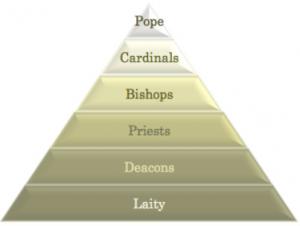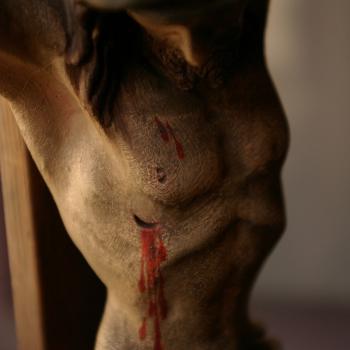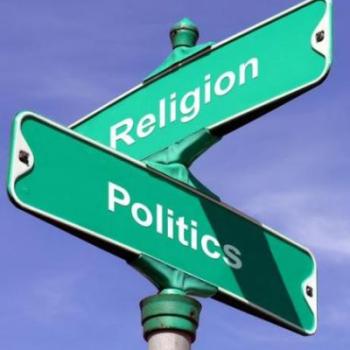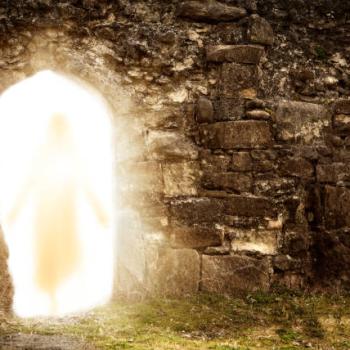
Bishops have a lot to think about these days. Maybe they should resign as a group like Chile’s bishops. Maybe they should open up voluntarily diocesan records concerning abusive clergy as Pennsylvania’s dioceses did. (The latter was under court order.) I hope they also read this article in First Things by a priest of the Diocese of Charleston, SC. Fr. Jay Scott Newman calls for “The End of the Imperial Episcopate.” I’ll include some of Fr. Newman’s suggestions at the end of this piece.
Bishops need to show us finally that they take clerical sexual abuse seriously. They need to own up to their own role in cover-ups, in effect facilitating continued abuse. They need to show appropriate remorse and show us that they mean it. The Chilean bishops did it, and Pope Francis accepted, to my knowledge, three resignations. In light of the Cardinal, now Archbishop, McCarrick affair and the Pennsylvania Grand Jury Report, one has to conclude that the situation in the U.S. is at least as serious as that in Chile. If Pope Francis acts in like proportion here as in Chile, he might accept up to 50 U.S. bishop resignations.
Catholic theology: Can you still say it to the victims?
Here’s a daring comparison that I want to make. The murder of six million Jews by Nazi Germany forced upon theologians a major rethinking of the Church’s teaching. That teaching with regard to Jews contributed to the atmosphere that made the Holocaust possible. The crisis of sexual abuse in the Church likewise makes us rethink theology.
With regard to the Holocaust, a proposal by Johann Baptist Metz has met with some approval. In essence it says, “Every theological statement, no matter how honored by the tradition, has to be re-evaluated according whether you can say it to one of the Nazis’ victims.” I believe the same is true with regard to sex abuse in the Church. Can you take a theological statement and quote it to a traumatized victim of clerical sexual abuse?
I believe there are theological statements that fail this test. We’ve been taught and tradition holds that ordination to the priesthood confers an ontological status on a person beyond that of Baptism. We talk about a special “mark” on the priestly soul that can’t be erased. A priest in my diocese once told me that every Catholic has a guardian angel, but a priest has two. Who would dare make such statements to a victim of sexual abuse by a priest? This can’t be done, or shouldn’t be. The same goes for bishops and a fortiori for deacons. Claiming that members of the clergy have higher status than lay people now has to be out of bounds.
The Church needs leaders, but perhaps we should retire the word “hierarchy.” It sounds too much like “higher-up-archy.” Actually the Greek root “hier” means holy, with implications that we’d best avoid today.
Bishops as lords: The imperial episcopate
“Imperial episcopate” is Fr. Newman’s term in the article cited above. The Church has developed a leadership style, he says, that derives from Roman Empire connections rather than from any connection with the Bible. It has led to treating bishops like the high and mighty, to the Church’s detriment and their own moral danger. It made the scandalous covering up of clerical sexual predation almost inevitable. Especially inevitable, I’d add, given the lack of women in positions of authority in the Church. I can’t imagine a mother approving the transfer of a sexual predator. But the boys’ club had its own rules and its own interests to protect.
Newman decries “grotesque unchastity” but also bishops behaving as “managers and bureaucrats” instead of “pastors and evangelists. ”Superficial flattery and fawning … too often leads to the growth of vanity, ambition, and clerical careerism.” The evil exposed recently is deeply ingrained in clerical culture. Clearly that culture must end.
Some suggestions for bishops and the Church
I like Fr. Newman’s simple, commonsense suggestions for making some headway in that direction. Here are some them:
- Call bishops “Father.” Common titles like Your Eminence, Your Excellency, Your Grace don’t come from the Bible. They “obscure the scriptural and familial nature” of the office bishops hold. Bishops and flock are members of a family. They are not lord and subjects.
- Abandon fancy regalia and paraphernalia – “colored sashes, buttons, piping, and capes” and “stick to simple black.” “For the purification of the priesthood and the authentic reform of the Church everything that is of imperium rather than evangelium needs to go.”
- I wasn’t aware of the next practice Newman says has to disappear. That is bishops celebrating Masses at parishes throughout the diocese instead of at their own parish. “If the bishop remains in his cathedral on Sunday, then he will remain rooted in priestly ministry rather than in bureaucratic administration.”
- All bishops should be pastors of dioceses. Get rid of bishops for dioceses that no longer exist. Curial officials don’t need to be bishops. Only dioceses that are too big need auxiliary bishops. Doing away with these mere functionaries will ensure that all bishops are true pastors united to their flocks. It will also “remove a chief temptation to clerical careerism.”
In conclusion
The reasons for the tragedy of clerical abuse lie deep. I’m not sure we can find a solution without changing some long-cherished theological positions. The hearts of individual perpetrators too need transforming. Especially do the hearts and minds of leaders. They have shown more care about their place in an institution than about vulnerable people. These are difficult tasks.
The steps Newman proposes are on the surface. They don’t change hearts. Their aim is only to rearrange conditions and habits away from fostering personal careerism and service to an institution. They at least open a door to another kind of service and a church that from the leadership on down lives the Gospel that it proclaims.
Image credit: Australian Catholic Church












